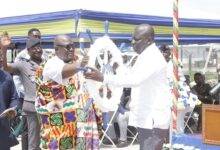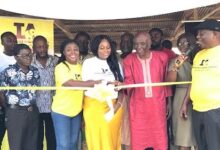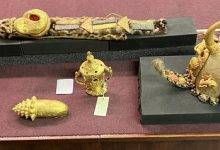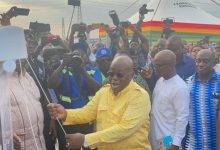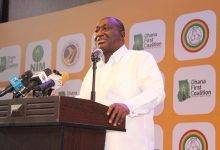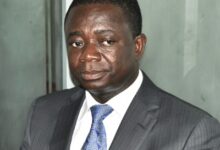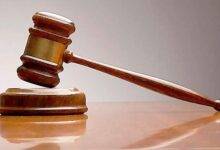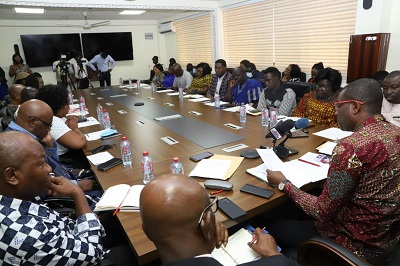
A 22-member committee to lead Ghana’s quest to seek reparation and restitution of trafficked cultural heritage and artifacts has been inaugurated in Accra.
Chaired by Professor KodzoGavua, Department of Archaeology and Heritage Studies, the committee would identify and support researchers to elicit data that would support the government’s call and demand for restitution and reparation.
Speaking at the ceremony yesterday, Deputy Minister of Tourism, Arts and Culture, Mark OkrakuMante, said Ghana was one of African countries which had its cultural materials illegally taken away by the colonial masters between the 15th and 20th Centuries through looting, intimidation, and seizure, among others.
Referring to historical data in February 1884, he noted that the British Forces invaded Kumasi and plundered countless valuable cultural objects.
Many of the illicitly trafficked materials, he said, had been sent to the British Museum, University of Oxford’s Pitt Rivers Museum and other public and private museums across Western Europe.
“It is reported that about 46,000 of the 90,000 African cultural objects that Europeans acquired on the continent between 1885 and 1969 are now under the custody of the Musee du Quai Branly in Paris,” MrMante added.
He stated that Ghana, since independence, have had its request for the return of Ghanaian cultural objects outside the country denied or ignored.
However, he said, it was time for the return and restitution of cultural objects, film and other intangible cultural heritage of Ghanaian origin, adding that it would complement the symbolic return to Ghana in 2019 of diaspora Africans.
MrMante indicated the Ministry’s readiness to support the committee to make inputs that would ultimately result in Ghana realising the restitution and reparations demanded.
The United Nations Educational, Scientific and Cultural Organisation (UNESCO) Representative in Ghana and Head of Office, Abdul Rahman-Diallo, commended government’s initiative to retrieve stolen cultural artifacts and heritage.
The UNESCO 1970 Convention on the Means of Prohibiting and Preventing the Illicit Import, Export and Transfer of Ownership of Cultural Property and the UNIDROIT 1995 Convention were ratified to prohibit and combat the transfer of stolen cultural items.
He explained that the Conventions were signed to safeguard the identity of people and promote peace and solidarity of people among the nations and strengthen international cooperations between state parties to fight illegal transfer of culture.
He urged Ghana to push for the return of identified artifacts taken illegally and called for the development of a roadmap that would facilitate the process.
On his part, Professor Gavua said it was crucial that Ghana lead the charge for restitution and reparation as part of the African renaissance movement.
He explained that the objects were part of the daily lives of the country’s forebears and embodied aspect of the country’s philosophy, view, beliefs and practices.
Additionally, he said some of the objects were basis for producing knowledge about Africans adding that Africans were denied the opportunity to learn from the objects.
Prof.Gavua said restitution and reparation would re-assert the identity of the people and inspire the youth.
“Restitution and reparation would help in repairing the damage that the actions of the colonial masters caused. We will work with other African nations to form a strong voice in pushing for our demands,” he added.
BY CLAUDE NYARKO ADAMS

